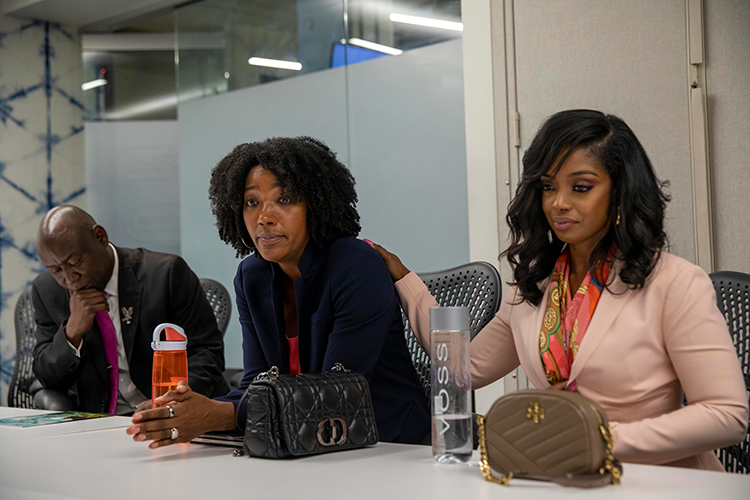Ex-Qwest CEO Gets New Trial and New Judge
U.S. District Judge Edward Nottingham, in the news for alleged links to a prostitution business, has been bounced from an expected retrial of the former CEO of Qwest Communications.
The Denver-based 10th U.S. Circuit Court of Appeals ruled yesterday in an opinion with some sarcastic observations that former CEO Joseph Nacchio should get a new judge and a new trial because of errors Nottingham made in an evidence ruling.
The 10th Circuit said Nottingham should have allowed testimony by defense expert Daniel Fischel, a Northwestern law professor and private consultant, the Denver Post reports.
Nacchio was convicted and sentenced to six years in prison for selling $52 million in Qwest stock when he knew the company was facing financial troubles. At the same time, he reassured investors that the company was doing fine.
The court said Nottingham should not preside at the new trial because “it would be unreasonably difficult to expect this judge to retry the case with a fresh mind.” There was no mention of recent reports that Nottingham was on a client list of a Denver prostitution business. He has also been accused of visiting a strip club and getting into a spat with a local lawyer after he parked in a handicapped parking space. The 10th Circuit is investigating.
The court’s 2-1 decision (PDF) said the jury should have been allowed to hear Fischel’s analysis of whether Nacchio’s stock trading was suspicious, the Wall Street Journal reports (sub. req.).
Nottingham had excluded the testimony because he deemed the defense’s advance disclosure of Fischel’s methodology under Rule 16 of the Federal Rules of Criminal Procedure to be inadequate. But the judge improperly assumed the disclosure about the expert’s qualifications was sufficient to make a determination that his testimony did not meet Daubert standards for reliability, the court said.
“Rule 16 disclosure is not designed to allow the district court to move immediately to a Daubert determination without briefs, a hearing, or other appropriate means of testing the proposed expert’s methodology,” the opinion said.
The court noted that Nacchio’s lawyer asked to speak on the Daubert issue, but Nottingham silenced him, saying the trial was not “an interactive process where you get to argue later on.”
“When the court does not allow a lawyer to present arguments, we will not penalize him for failing to present them,” the court said. “A judge does not necessarily have to let lawyers ‘argue later on,’ but he has to let them argue sometime.”
The appeals court rejected another argument that Nottingham improperly excluded classified evidence about a possible lucrative government contract. Nacchio had maintained he was optimistic about the company’s finances because he believed the company would profit from the contract.



